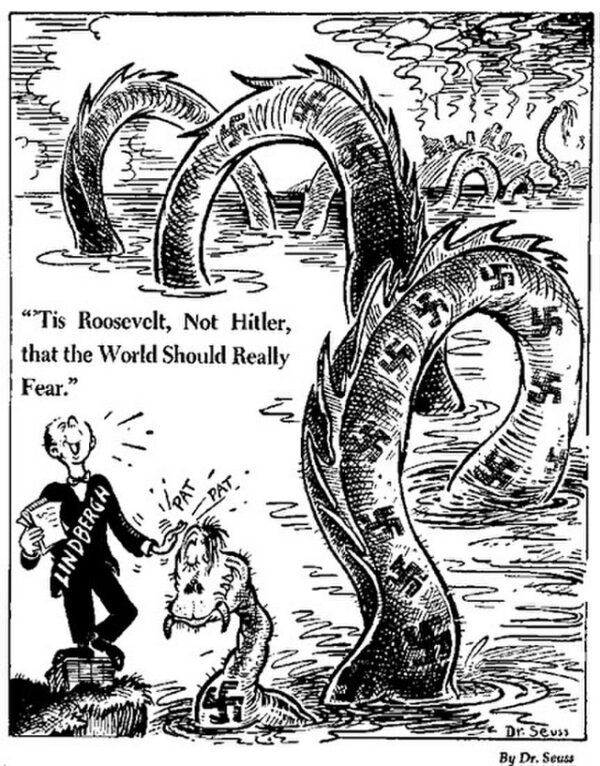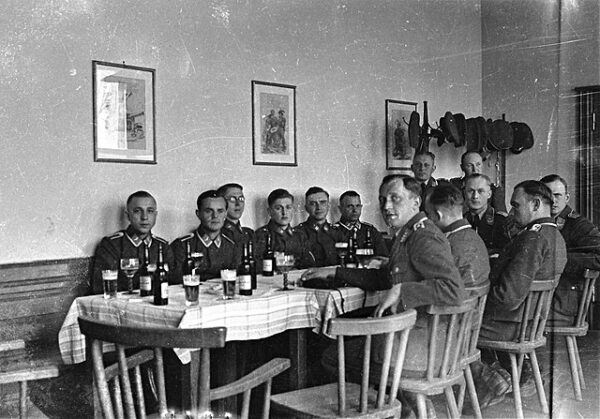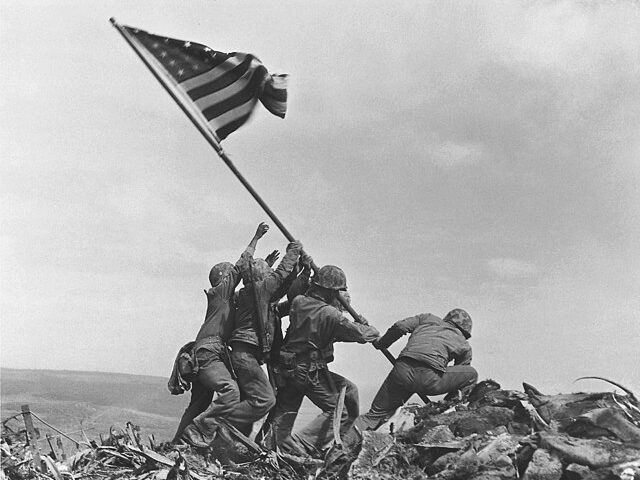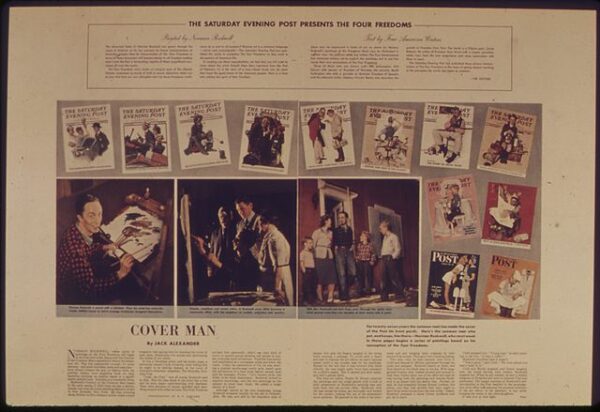On January 23, 1941, Charles Lindbergh, the renowned aviator celebrated for his groundbreaking 1927 solo transatlantic flight, delivered a controversial speech before the U.S. Congress. In his testimony, Lindbergh advocated for a neutrality pact with Nazi Germany, a stance that would polarize public opinion and alter his reputation as a national hero. The speech revealed his alignment with isolationist views during a time of global upheaval, sparking intense debate and criticism.
By early 1941, the world was engulfed in World War II. Nazi Germany had rapidly taken control of Poland, France, and much of Western Europe, while Britain stood alone in resisting the Axis powers. Meanwhile, the United States officially maintained a neutral stance, guided by legislation intended to avoid foreign entanglements. President Franklin D. Roosevelt’s Lend-Lease program was beginning to shift the nation’s position, offering material support to the Allies without direct involvement. It was against this backdrop of uncertainty that Lindbergh’s testimony took place, his words carrying significant influence as both a celebrated public figure and a leading voice for isolationism.
Lindbergh argued that the United States’ geographic position, industrial capacity, and natural resources made neutrality a practical and beneficial choice. He warned that involvement in the war would lead to catastrophic losses, financial devastation, and long-term harm to American society. His most contentious suggestion was to negotiate a neutrality pact with Nazi Germany, reasoning that Germany’s military dominance in Europe was indisputable and that such an agreement would prevent unnecessary conflict. He further downplayed Nazi Germany’s threat to the United States, asserting that its ambitions were limited to Europe and did not extend to the Western Hemisphere. This perspective resonated with the isolationist movement, which prioritized avoiding foreign entanglements to safeguard American security.
The reaction to Lindbergh’s testimony was swift and overwhelmingly negative. Many viewed his recommendations as appeasement of a regime responsible for widespread atrocities, including the persecution of Jews and other minorities. His claim that Germany was not a threat to the United States was seen as naive, particularly in light of Adolf Hitler’s expansionist policies and ideological goals. Prominent figures, including President Roosevelt, publicly criticized Lindbergh’s stance, framing it as a challenge to American values and a direct opposition to the administration’s efforts to support the Allies.
Even within the isolationist camp, Lindbergh’s suggestion of a neutrality pact with Hitler caused division. Groups like the America First Committee, which opposed U.S. involvement in the war, distanced themselves from this idea, recognizing the ethical and political implications of aligning with Nazi Germany.
The fallout from Lindbergh’s testimony marked a turning point in his public image. Once revered as a symbol of American innovation and bravery, he became a polarizing figure. His association with isolationism and perceived sympathies toward Nazi Germany overshadowed his previous accomplishments. In the years following the war, Lindbergh sought to rehabilitate his reputation by contributing to military efforts and advocating for environmental conservation. Despite these efforts, his 1941 testimony remains a defining moment in his legacy, reflecting the complexities of navigating politically and morally charged decisions during a time of global crisis.
This episode underscores the interplay between celebrity influence and political ideology, as well as the ethical dilemmas faced by public figures in moments of national and international turmoil. Lindbergh’s advocacy for neutrality, while reflecting the isolationist sentiment of the era, continues to provoke debate about the responsibilities and repercussions of public advocacy in shaping history.






